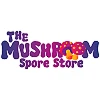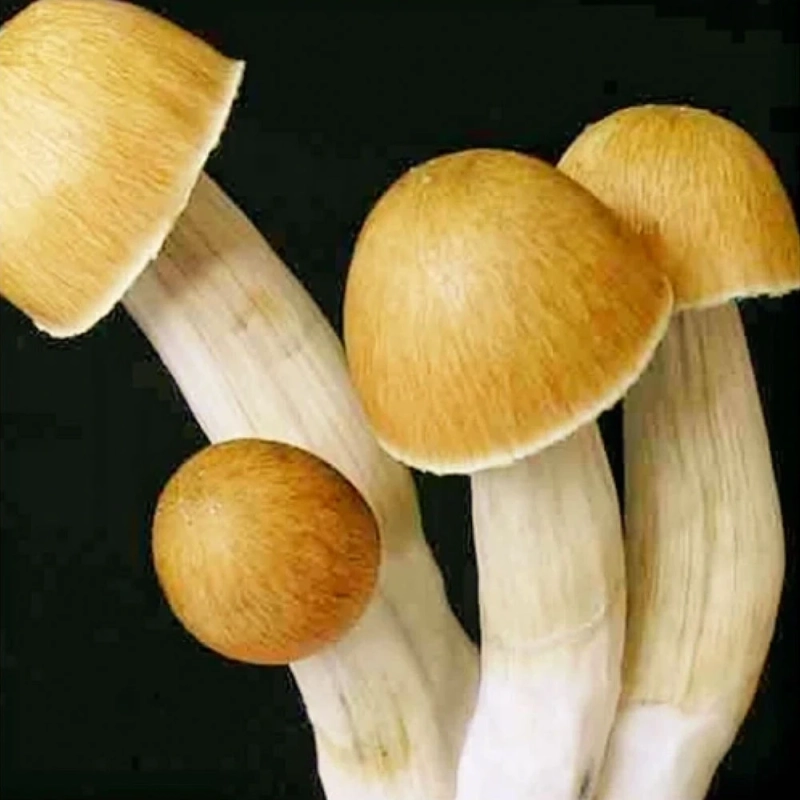Mushroom cultivation has sparked interest among hobbyists and researchers alike. At the heart of this enthusiasm are mushroom spores, which are crucial for cultivation but are surrounded by legal complexities. This guest post delves into the legal landscape surrounding the purchase and use of mushroom spores, especially within the United States.
Understanding Mushroom Spores Mushroom spores are the reproductive cells that allow fungi to multiply. These tiny spores can develop into the fungi we recognize as mushrooms under the right conditions. Spores themselves do not contain psilocybin or psilocin, the compounds found in psychedelic mushrooms, which influences their legal status.
Legal Status in the United States In most of the U.S., purchasing mushroom spores is legal because they do not contain any controlled substances. However, the intention behind purchasing the spores can come under legal scrutiny. Spores are typically sold for educational, research, or taxonomic purposes, and many vendors include disclaimers stating that the spores should not be germinated to form mycelium or fruiting mushrooms, which would be illegal in many states.
State-Specific Legislation While federal law permits the sale of spores, state laws vary significantly. States like California, Georgia, and Idaho have restrictions or outright bans on the sale and possession of mushroom spores. It\'s crucial for potential buyers to understand their local laws before purchasing spores to avoid legal consequences.
The Role of Vendors in Compliance Reputable vendors play a critical role in the legal landscape of mushroom spores. These vendors ensure compliance with state and federal regulations by:
- Providing clear disclaimers about the intended use of the spores.
- Restricting sales to areas where possession is illegal.
- Educating buyers about the legal status of their products.
Educational and Research Use Many enthusiasts purchase spores for legitimate educational and research purposes. Universities and private researchers study spores to understand fungal biodiversity and the role of fungi in ecosystems. These legal uses support scientific advancement and contribute to our understanding of mycology.
Ethical Considerations and Responsibilities Purchasers of mushroom spores must consider their ethical responsibilities. This includes adhering to legal guidelines and respecting the purpose of the spores as tools for education and research, not for illicit cultivation.
Summary
The legal landscape for buying mushroom spores is nuanced and varies by jurisdiction. While the spores themselves are not illegal due to the absence of psychoactive substances, the intended use and local laws must be considered to ensure compliance. As the interest in mycology grows, so does the importance of understanding and navigating these legalities.
Call to Action For those interested in exploring the world of fungi through spores, it is crucial to educate oneself about the legal and ethical frameworks governing their purchase and use. Visit www.mushroomsporestore.com for a comprehensive range of spores and detailed information on their legal status, ensuring a responsible approach to mycological education and research. Engage with the community and expand your knowledge responsibly with Mushroom Spore Store, your trusted source for high-quality mushroom spore



